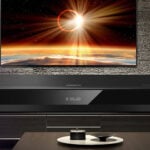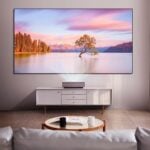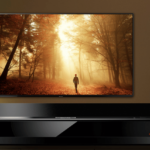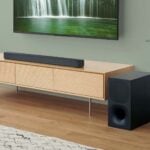TomPowerGranger
Auditioning
- Joined
- Aug 25, 2012
- Messages
- 1
- Real Name
- Tom
Sorry for this pathetic question haha, but I am building a budget home theatre and would love some advice about speakers.
I've used a Z-5500 for over 7 years now and it's done me fine. I've ran TrueHD etc through analogue from my PC. However I'm thinking of upgrading and want to grasp an understanding of how speakers work.
So far I know that the amplifier has to have a higher wattage than all of the speakers combined. The amplifier is equivalent to my logitech receiver, but has the flexibility of more inputs (HDMI for example) and I will be able to connect any speakers I want to it. What I don't understand is which speakers to get, which amplifier to get and what difference they make.
For example, I've seen a Onkyo TX-SR608 on ebay for around £200 which looks like it would fit my basic needs. It says it's a 100watt receiver though - so if the speaker system I want to get it say, 1200watts - will I be able to connect them? Do higher wattage speaker systems make a difference and what difference does the amplifier wattage make?
My budget is around £350. I've seen this Onyko receiver/amp (are they the same?) on ebay and I've seen low-price 1200watt speaker systems on ebay but before I buy I just want to understand it all better, thanks for reading
I've used a Z-5500 for over 7 years now and it's done me fine. I've ran TrueHD etc through analogue from my PC. However I'm thinking of upgrading and want to grasp an understanding of how speakers work.
So far I know that the amplifier has to have a higher wattage than all of the speakers combined. The amplifier is equivalent to my logitech receiver, but has the flexibility of more inputs (HDMI for example) and I will be able to connect any speakers I want to it. What I don't understand is which speakers to get, which amplifier to get and what difference they make.
For example, I've seen a Onkyo TX-SR608 on ebay for around £200 which looks like it would fit my basic needs. It says it's a 100watt receiver though - so if the speaker system I want to get it say, 1200watts - will I be able to connect them? Do higher wattage speaker systems make a difference and what difference does the amplifier wattage make?
My budget is around £350. I've seen this Onyko receiver/amp (are they the same?) on ebay and I've seen low-price 1200watt speaker systems on ebay but before I buy I just want to understand it all better, thanks for reading





